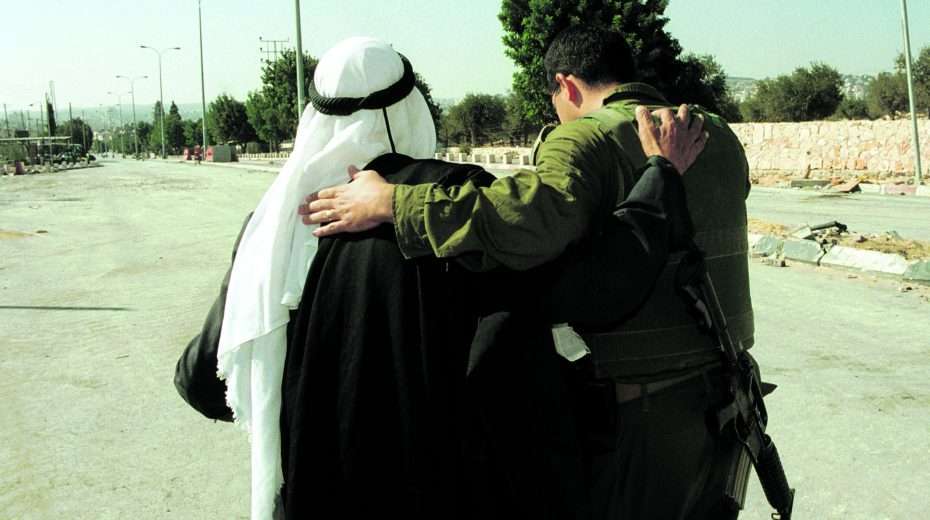From the stories of the Bible, I observed that forgiveness is not just words. Rather, it must include true intention of the heart, which is measured by and built upon actions – at the end of which one can understand whether the offender is really sorry and asking from the depths of his soul to be forgiven, and whether the victim really forgives.
Evidence of this I find in quite a few stories in the Bible. I will give a glimpse of two here.
In the recounting of the meeting between Jacob (Yaakov) and Esau after 20 years of living apart, Yaakov knew that he had behaved poorly, to say the least. He also knew that Esau wanted revenge. That’s why he had run away from Canaan in the first place. And so he did not lightly or superficially prepare himself for their “face-to-face.” He was in trepidation of the confrontation. After all, he hurt Esau to the depths of his soul, stole his blessing and ran away.
And so now, in order to calm himself down and show Esau that...
Become a Member
-
Read all member content
Get exclusive in-depth reports from Israel.
-
Get exclusive in-depth reports from Israel
Connect with Israel, right from your home.
-
Lift up the voice of truth and hope
Support Jerusalem-based Zionist journalism.

Already a member? Login here.















Another aspect of forgiveness is that every sin is a sin against God. (Ps 51:4) The Lord says that sins against his brethren are sins against him. (Matt 25:40) I think he considers all humans to be his brethren. Conversion occurs when the sinner’s heart is changed by the realisation that God has forgiven his sins. That realisation comes from the knowledge that Messiah accepted being slain as the Passover Lamb to pay the penalty for our sins, He was buried and on the third day he rose from the grave. Through Messiah we can have peace with God, and once we have that peace we are able to pay the smaller cost of having peace with others.